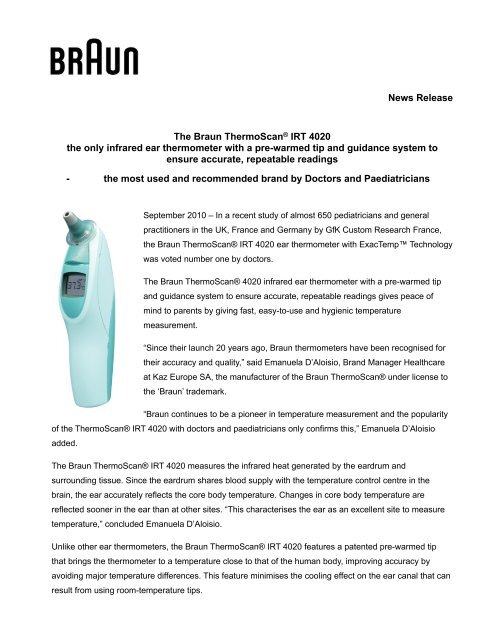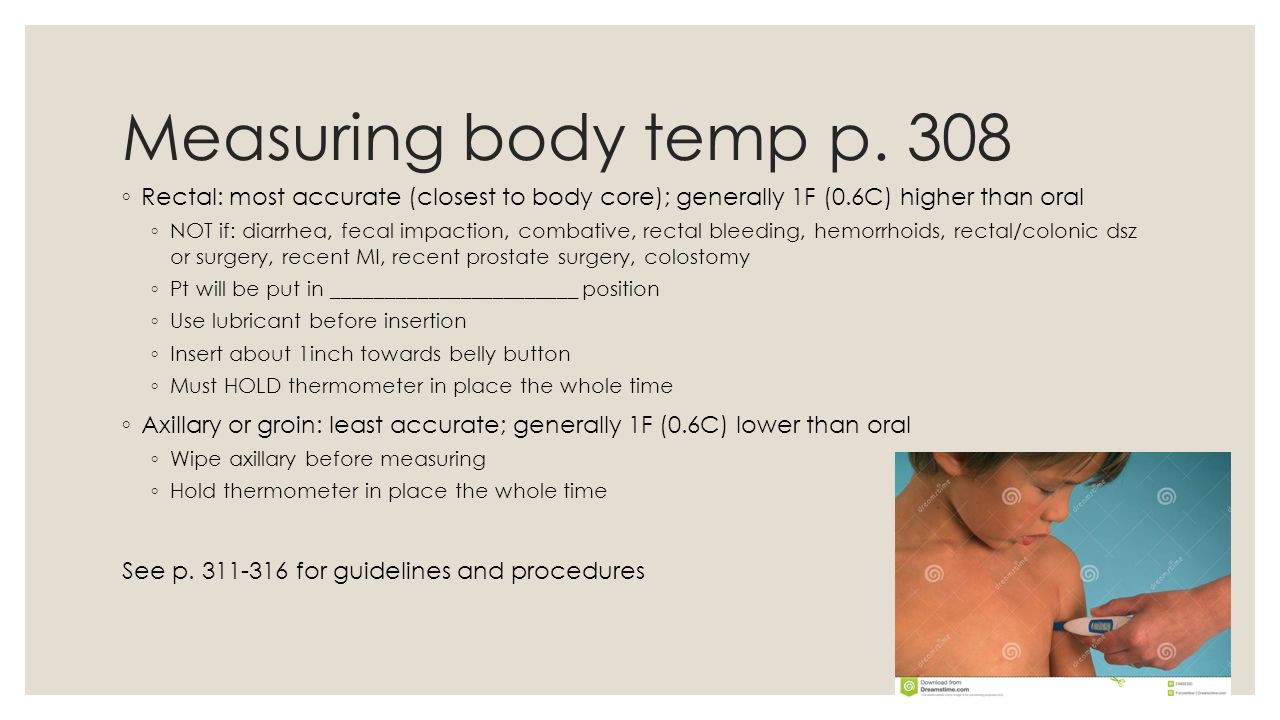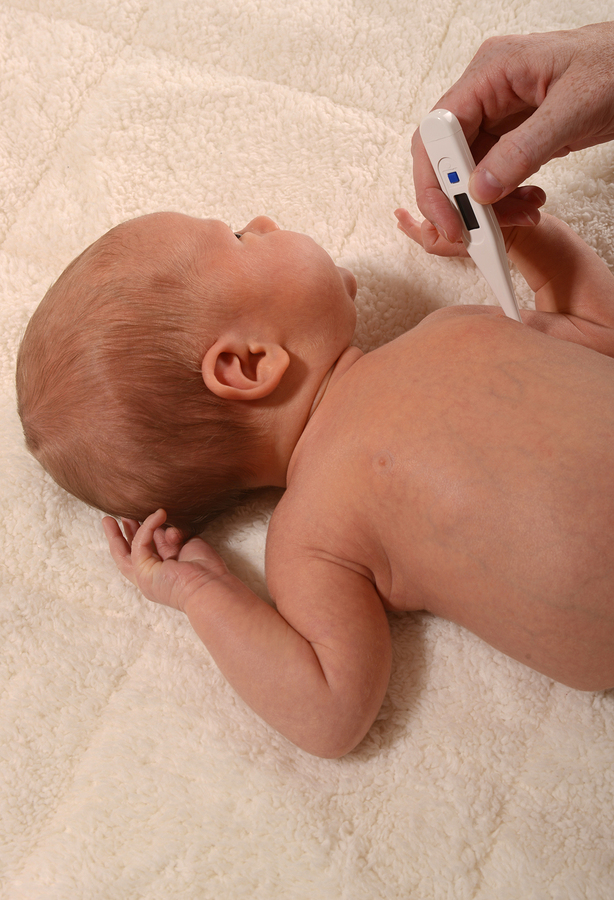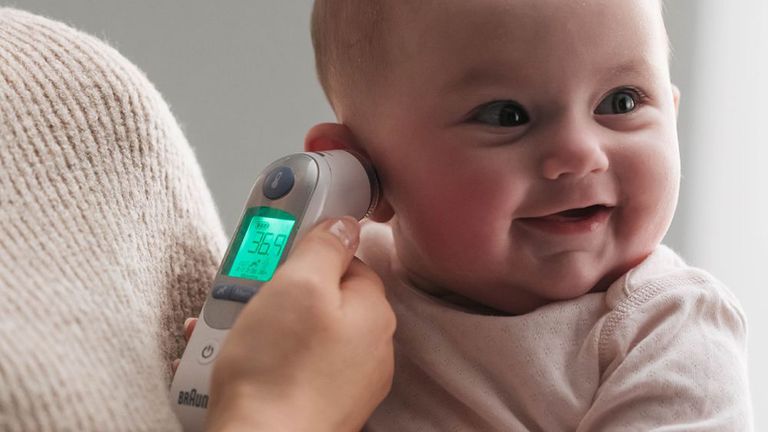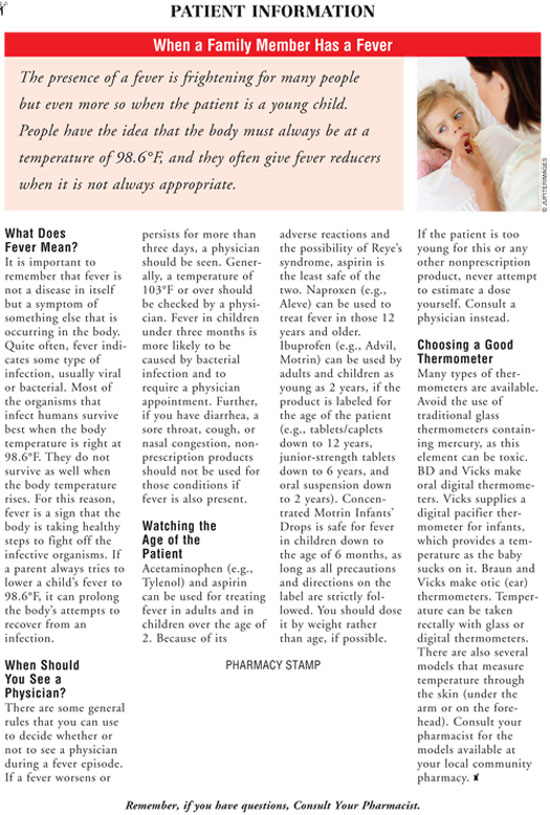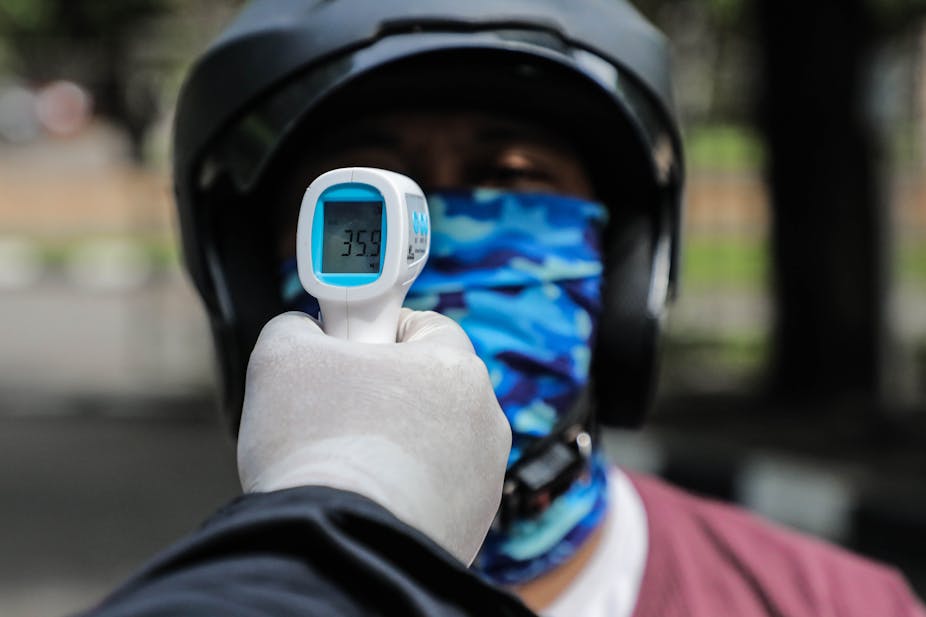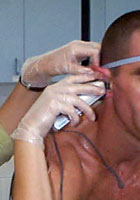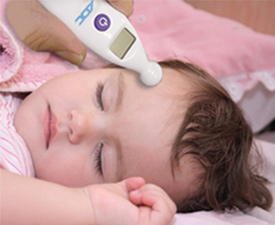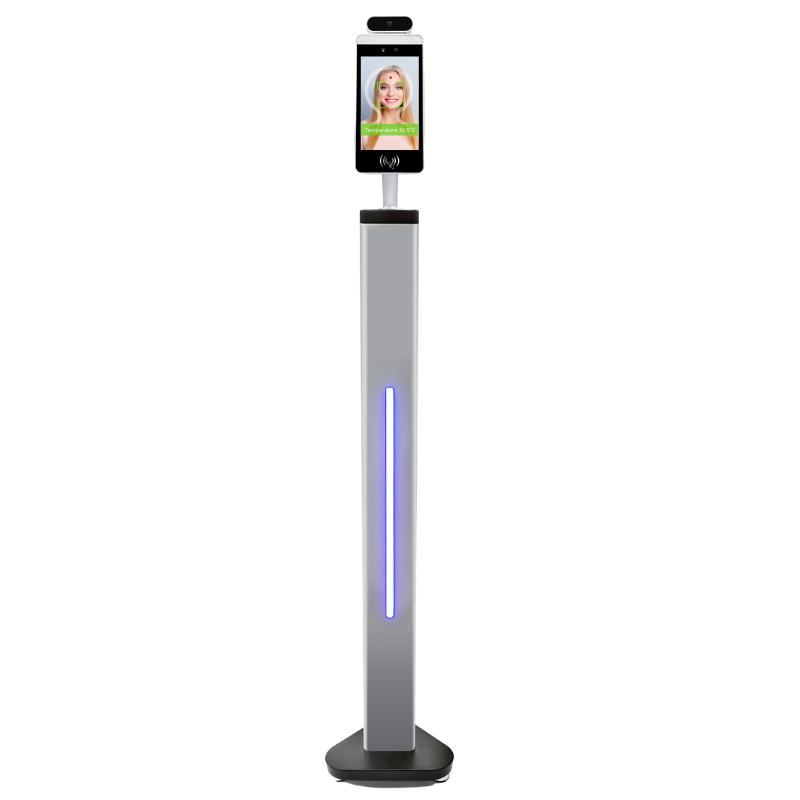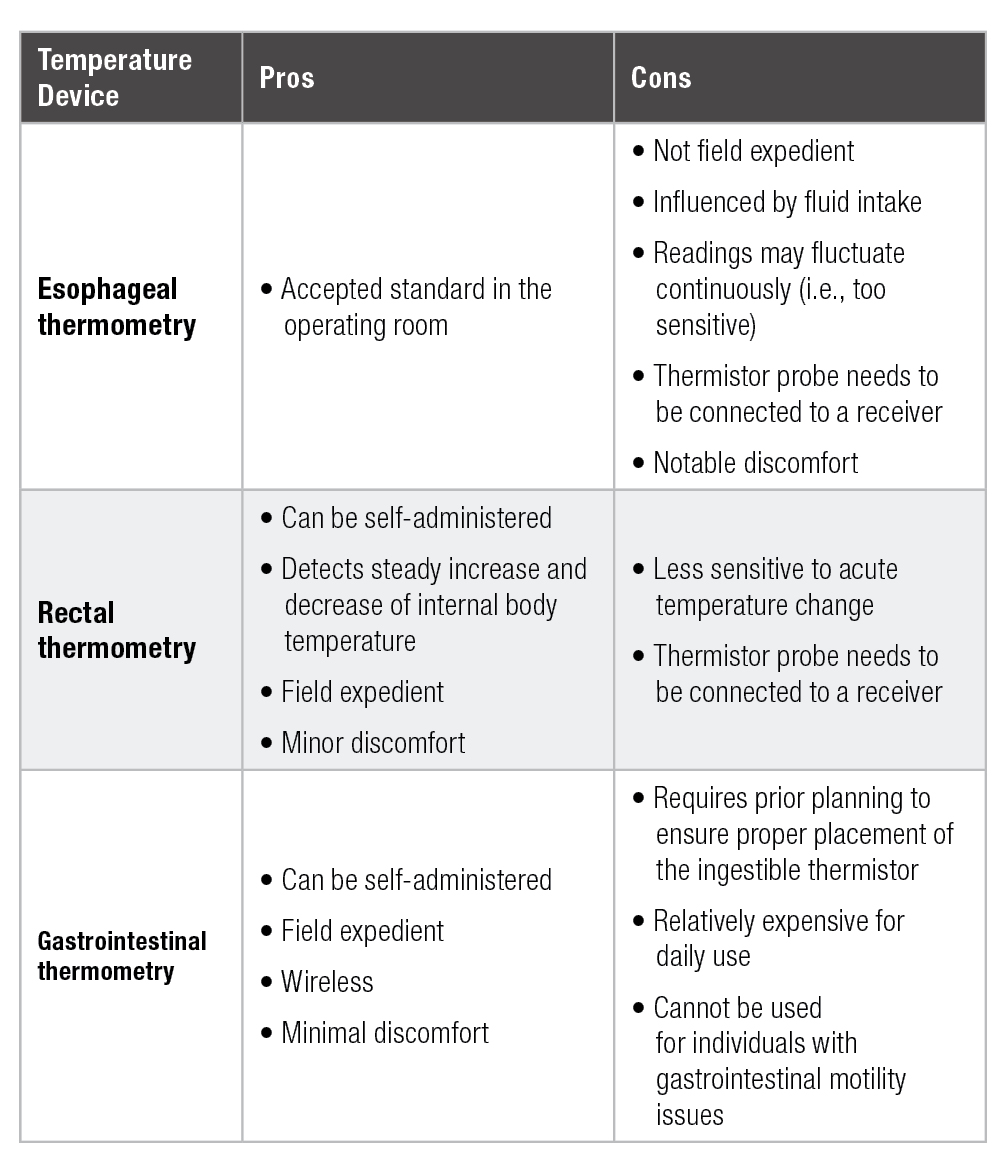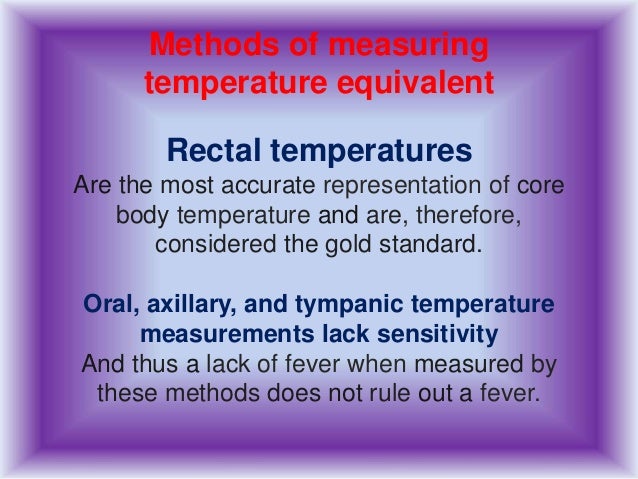
Most Accurate Core Body Temperature Measurement
The measurement of core body temperature may seem simple but several issues affect the accuracy of the reading. Measuring body temperature is one of the oldest methods to discern a problem in both medical and nonmedical fields1 in fact proper functioning of the body is dependent upon keeping the body temperature within the normal range 372c378c because an increase 415c or decrease 30c in body temperature can lead to death23 accurate determination of body temperature in. 347 under skill 21 1 q 2. The standard in most other countries is degrees celsius. Many physicians feel that using the electronic termometer is more accurate than using a tympanic thermometers for an ill adult. 2 autonomic as well as behavioral responses to changes in temperature maintain homeostasis or a range of normal around 37 c.
Most people think a normal body temperature is an oral temperature by mouth of 986f. Because body temperature is a measure of internal thermal energy the most accurate measurements involve invasive methods such as putting a temperature sensor into the esophagus or urinary tract. Thermometers show body temperature in either degrees fahrenheit f or degrees celsius c. These include the measurement site the reliability of the instrument and user technique pusnik and miklavec 2009. P 368 fourth bullet under key points critical thinking question. One study found that these were comparable in accuracy to rectal temperature.
Temporal measurements are closer to true core body temperature and provided that the probe has been properly positioned will give readings that are closer to average body temperatures of 986 f. The rectal or vaginal temperature is generally considered to give the most accurate assessment of core body temperature particularly in hypothermia. As with rectal measurement sites tympanic thermometers may give slightly higher readings with the average temperature around 995 f. In the early 2000s ingestible thermistors in capsule form were produced allowing the temperature inside the digestive tract to be transmitted to an external receiver. A rectal temperature is generally considered to be the most accurate and the standard for monitoring the core body temperature but it is generally not recommended for use in patients due to the risk of rectal perforation and tears with this method. Have a separate thermometer to use for oral than for rectal.
Body core temperature tc measurement for the sportsperson can influence individual performance and may help to prevent injuries. Measurement by tympanic thermometer comes closest to core body temperature. Climatic injuries including hypothermia hyperthermia and heat stroke are common in many sports activities. The pulmonary artery catheter which measures blood temperature is considered the gold standard for measuring core temperatures. Monitoring internal body tc accurately requires invasive methods of measurement. This results in less blood flowing outwards and concentrates heat at the core where the majority of vital organs are located.
1 core body temperature is regulated by both peripheral and central receptors that are integrated within the hypothalamus. In the united states temperatures are often measured in degrees fahrenheit.
Random Post
- bra size measurement zivame
- thermographic bullet body temperature measurement camera
- sugar measurement in human body
- kairi sane body measurement
- body measurement for size 14
- wsj body measurement
- koena mitra body measurement
- push ups body measurements
- body measurement places
- allu arjun body measurement
- mabel body measurement
- latecia thomas body measurement
- beren saat body measurement
- importance of body measurement
- where can i buy body measurement tape
- body measurement oyster
- body measurement igcse
- shaquille o'neal body measurements
- lindsey vonn body measurements
- megyn kelly body measurement
- shin min ah body measurement
- stephen curry body measurement
- ayesha takia body measurement
- how to get the right bra measurement
- chou tzuyu body measurement
- khandi alexander body measurement
- alia bhatt body measurement
- lavanya tripathi body measurement
- pdf body measurement chart
- log body measurements
- lorna jane bra measurement
- body dissolved oxygen measurement
- tanit phoenix body measurement
- male vs female body measurements
- alia body measurements
- online bra measurement calculator uk
- jet li body measurements
- the gym unlimited fitness & body composition measurements
- mandy moore body measurement
- enamor bra size measurement
- tv bra measurement
- bra size visual
- type in measurements see body shape
- body measurement weight height
- how to take body measurement for gown
- body measurements for mccall's patterns
- zoe mclellan body measurement
- what bra size am i measurement
- shweta tiwari body measurement
- bras and things bra measurement
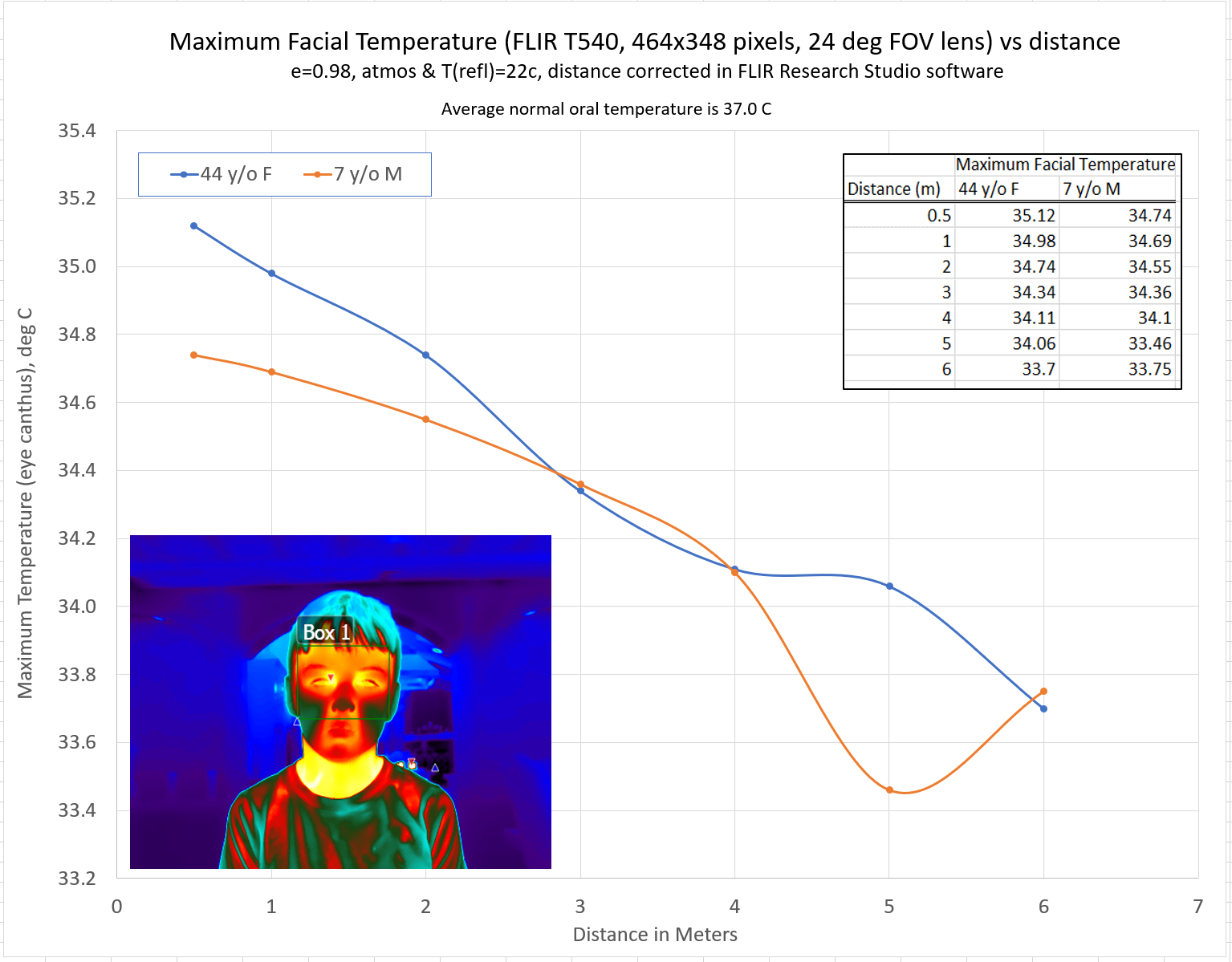



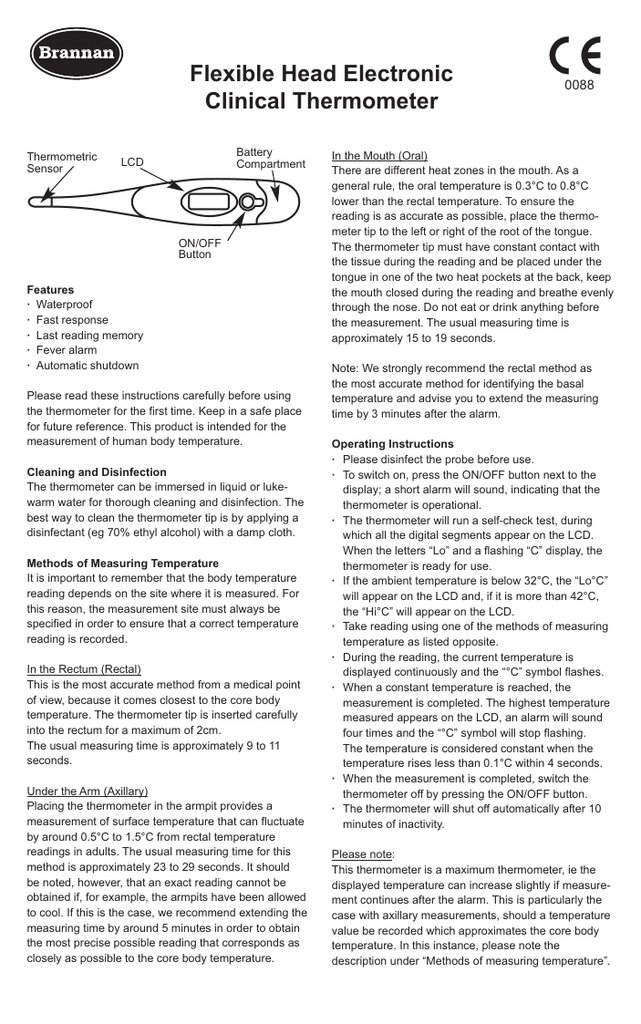

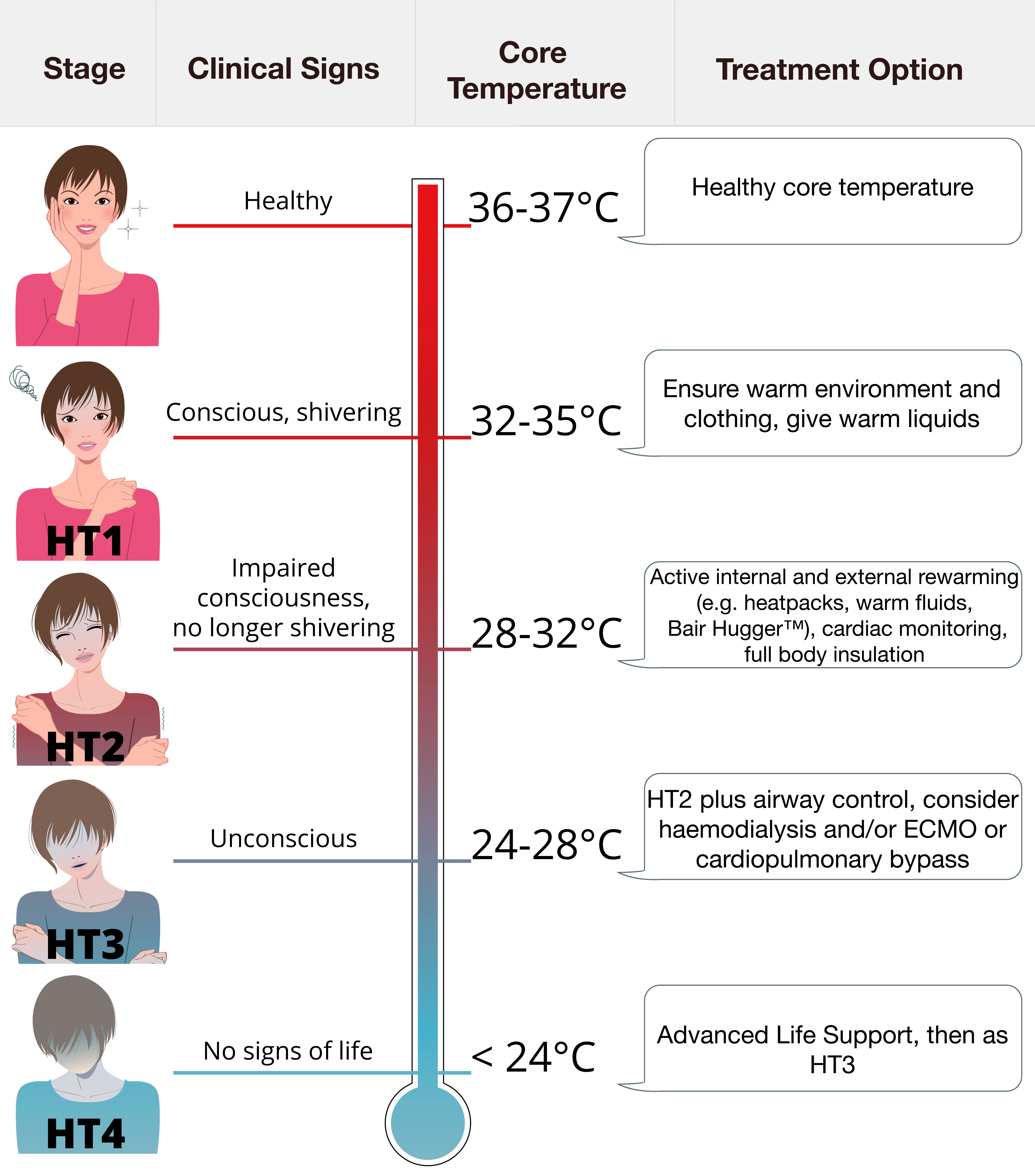




/cdn.vox-cdn.com/uploads/chorus_image/image/66146002/GettyImages_563934861.0.jpg)
